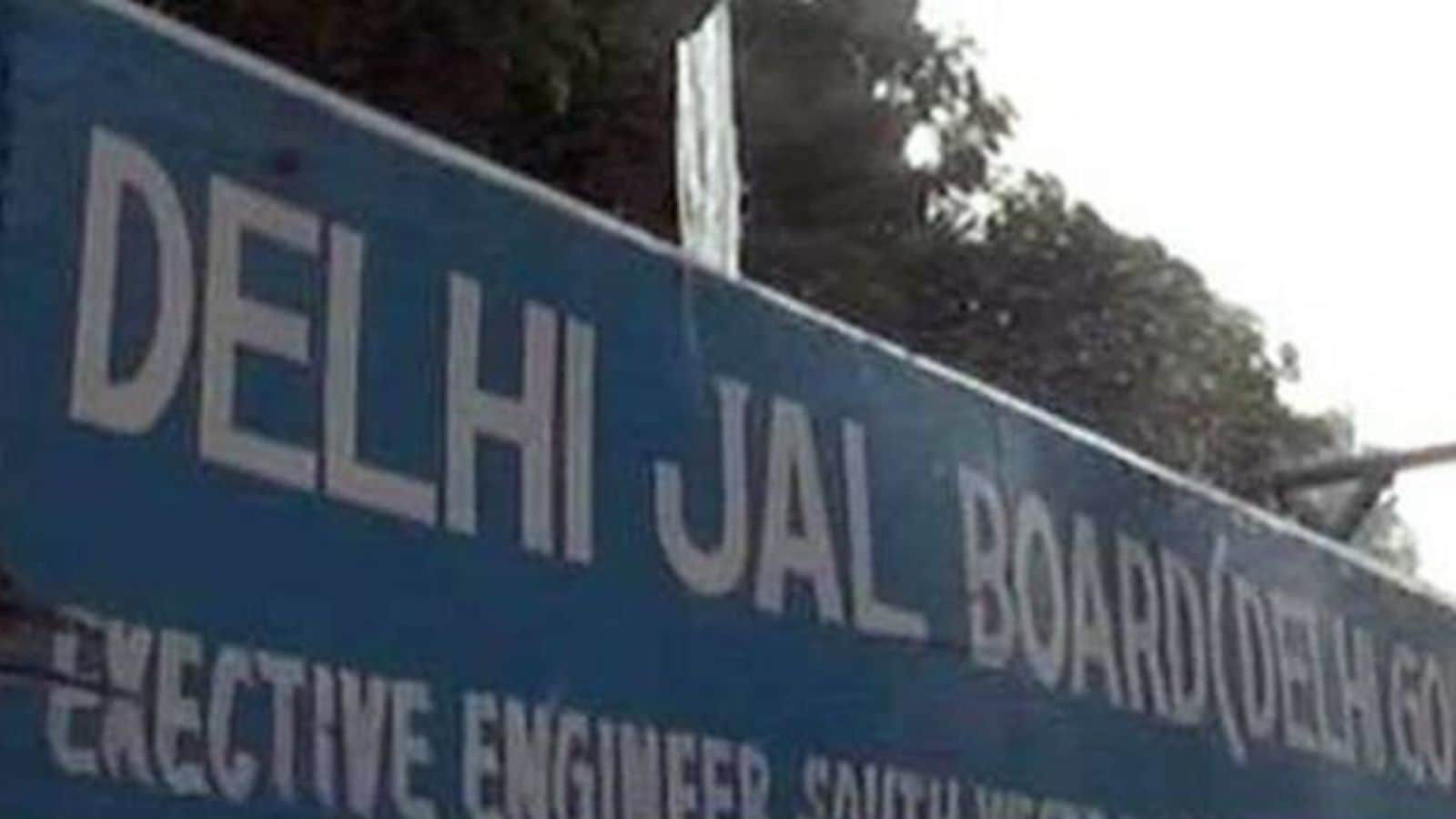New PLP is not for the common man – BPL is Exhibit A

The time has come to dispel the myth that the Progressive Liberal Party (PLP) remains the party of the common man in 2024. The gradual disconnection from the plight of the masses has been accelerated under the Davis-led PLP, which has lost its way or just never knew its way. The actions of the “New Day” PLP are diametrically opposed to a political organization birthed from the struggles of a marginalized people and ushered into power by the blood, sweat and tears of those who came before us. This article presents Exhibit A of many exhibits in an argument shaped by the new realities of our time and undisputed facts laid bare by an administration whose disregard for the people is unraveling. Focusing on the factsWe should never allow feelings and emotions to overshadow the simple facts in any situation. We can all agree on some undeniable facts in the Bahamas Power and Light (BPL) deal debacle. The Bahamas Electricity Corporation (BEC)/BPL is a national asset owned by the Bahamian people. Bahamians deserve affordable and reliable electricity. BEC/BPL has not been properly managed over the years and there is an urgent need for energy reform, but this must be properly done. Our people want a transparent and accountable government. There has been inadequate information provided to the public on the BPL deals. During this Davis-led administration, unions representing BPL workers have publicly lamented the lack of engagement and details on the future of BPL. The government has made decisions on the future of BPL in relation to generation, transmission and distribution of power. These decisions involve certain private companies that have been unilaterally chosen by the government. Bahamas Grid Company (BGC) was formed in 2023 to work with BPL to improve and maintain the transmission and distribution system. The plan is for the government/BPL to own 40 percent and a private partnership to own 60 percent of BGC. The equity contribution of $30 million was completed in June 2024. While it is not unusual for private placements to be used and accredited investors to be leveraged for fundraising, the distinguishing factor is that the subject is a monopoly, a national asset and utility. Hence, this cannot be treated as another private project or venture. Despite having three years to implement a robust, open, transparent and competitive bidding process, the Davis administration has chosen the path of secrecy while picking the winners and losers. Questions from the A little over a year ago on March 6, 2024, Prime Minister Philip Davis announced that the fundamentals of the BPL deal had been agreed and the details are being worked out. Since then, trucks and personnel connected to assumed parties to the deal have been spotted in the country despite the pending execution of that agreement referenced by Davis. That it has taken one year to conclude and execute that agreement amounts to either gross incompetence or deliberate delay to avoid accountability. Subsequently, there have been other deals signed by the government in relation to the proposed energy reform with more questions about transparency, accountability and due process. Back to BGC – according to reports, BGC has raised $30 million in equity financing and $100 million in a bond offering. It is clear that the proverbial train has left the station. If the government/BPL contributed $100 million in transmission and distribution infrastructure for an equity stake of 40 percent, is it fair to say that BGC is valued at $250 million? Which entity conducted the valuation for BPL and will the valuation report be made public? If BGC is valued at $250 million, does that mean that the remaining 60 percent of equity stake is valued at $150 million? If this valuation is correct, was $30 million paid for the 60 percent equity stake valued at $150 million? Ordinary or equity shareholders of a company are the owners of the company with voting rights while bondholders are de facto creditors; does this same definition apply to BGC? Did private investors pay $30 million instead of $150 million for 60 percent equity stake in BGC? Will additional common shares or equity be issued and sold to the Bahamian public to make up the difference between the $150 million and $30 million? If the $30 million paid represents 60 percent ownership in BGC, does that mean that the government only paid or contributed $20 million in assets for 40 percent ownership? Has the government misled the Bahamian people on its contribution to, ownership and valuation of BPL and BGC? Who are the current shareholders with equity stake in BGC? Were the initial shares for equity stake in BGC made available to the general public? If not, why did the Bahamas government decide not to give average Bahamians the opportunity to have ownership in an entity that has monopoly on the transmission and distribution of electricity? Who handpicked the individuals and entities who now have equity ownership in BGC? What were the criteria for selecting the privileged few who own equity stake in BGC? Does the government believe that Bahamians should not know the underlying owners of a company providing such an essential service? Why did the government decide to have a bond offering with a minimum investment of $50,000? Does the government believe that the average Bahamian can afford to invest $50,000 in BGC? If not, why did the government exclude the vast majority of Bahamians from owning or investing in BGC? Why was the bond offering only open from July 15 to July 26, 2024 if the objective was to include as many Bahamians as possible? Why did the government by its actions select a secret few to own and another small minority to lend to BGC? How many Bahamians are executives of BGC? Who are the representatives and spokespersons of BGC? There are several unanswered questions on the government’s energy reform agenda. Contrasting with the FNMThe Free National Movement (FNM) is not a perfect political organizationm but when it comes to economic empowerment and ownership, its record leaves the PLP in the dust. The FNM has demonstrated commitment to promoting investment and share ownership in The Bahamas. In making this argument, one only need refer to the approach taken by the FNM administration regarding Arawak Port Development Company (APD). All Bahamians without exception were given an opportunity to buy shares (not bonds or units in a fund) in APD at what was then $10 per share. Government workers, teachers, nurses, uniformed branches and private sector workers among others, benefited from loans and salary advances promoted by the government or private companies to enlarge a shareholder society. According to the BISX website, APD shares were worth $44.64 as at March 21, 2025. Going further down memory lane, the FNM’s record on promoting ownership is clear. The offering of two million or 20 percent of the government’s shareholding in the Bank of The Bahamas in 1994 and a further three million shares in 1995 is testament to the Movement’s mantra. The FNM’s policy decisions on Cable Bahamas and Commonwealth Brewery have also created several Bahamian investors and shareholders. It is common knowledge that there exists varying views on the controversial sale of BTC. However, what no one can deny is that there was an open bidding process and a request for proposals was issued. All bidders were known and documented for Bahamians to see in order to form their opinions. This was by far a more transparent process than what had been employed by the PLP which featured the phantom entity called Bluewater. PLP exclusion of the massesThe blind loyalists of the current PLP administration would seek to silence the voices of Bahamians who question the approach being taken by the Davis administration. They would argue that the end justifies the means and provided the ultimate goal of affordable and reliable electricity is achieved, it doesn’t matter who benefits or is marginalized. The fact remains that without a robust and competitive bidding process, we cannot be sure that the PLP has struck the best deal for the Bahamian people. Davis should own his decisions, be unapologetic in his position and stand on his ideology on the BPL deals which exclude the masses. In the same vein, the PLP should stop perpetuating the fallacy that it remains the party for the common man. It is apparent that the “New Day” government’s mantra is that average Bahamians need not apply or aspire to own their own country. We are witnessing the actions of an administration that doesn’t want the wealth to be common in the Commonwealth of The Bahamas. This version of the PLP has lost its way and deviated from its old landmark. The PLP has become a party of occasional handouts with a veiled disdain for commoners. The BPL deals stink and stand on the verge of scandalous for a PLP party that camouflages as the champion of the masses. On the issue of the BPL deals, the Davis administration has been weighed in the balance and found wanting. • Arinthia S. Komolafe may be contacted at a.s.komolafe510@gmail.com.



















